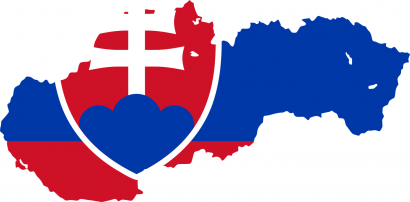
"Energy security is a top priority in the Slovak Republic's energy policy agenda," IEA Executive Director Maria van der Hoeven said as she presented the report, Energy Policies of IEA Countries - Slovak Republic Review. "Enhancing regional co-operation, particularly in the development of gas and electricity interconnections, is an essential step towards meeting the dual policy objectives of enhancing energy security and market competition."
The Slovak Republic imports virtually all of its natural gas and crude oil from a single supplier, the Russian Federation. The report notes that the government is aware of the inherent risks of such dependence and has learned valuable lessons from the gas supply disruption in 2009, and that energy security is a dominant theme of Slovak energy policy.
The report also notes the essential role of greater regional co-operation, particularly in gas and electricity interconnections, in enhancing energy security and market competition. The Slovak Republic has coupled its electricity market with the Czech Republic, and it supports the construction of a North-South gas pipeline via the Slovak Republic that would link planned LNG terminals in Croatia and Poland, and would include an interconnector to Hungary.
The report acknowledges the country's impressive results in energy efficiency, with one of the largest declines in energy intensity among OECD member countries since 1990. Furthermore, the Slovak Republic has already enacted most of the European Union's energy efficiency-related regulations and directives. With the legal framework in place, the study calls for shifting the country's energy-efficiency focus towards implementation, to ensure full realisation of the Slovak Republic's energy-saving potential, including the modernisation of district heating.
Despite a sharp decline in greenhouse gas (GHG) emissions in recent years, the Slovak Republic remains a GHG-intensive economy by OECD standards, with energy-related carbon dioxide emissions accounting for more than 70% of total GHG emissions. "The country must continue to implement policies that ease the transition to a low-carbon economy," Ms. Van der Hoeven said, indicating that nuclear power and renewable energy could play crucial roles in the Slovak Republic's efforts to decarbonise its electricity production.
[Inset: Bohunice thermo-nuclear power station, Slovakia. Courtesy of Julio Etchart who holds copyright]
For additional information:

